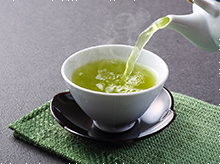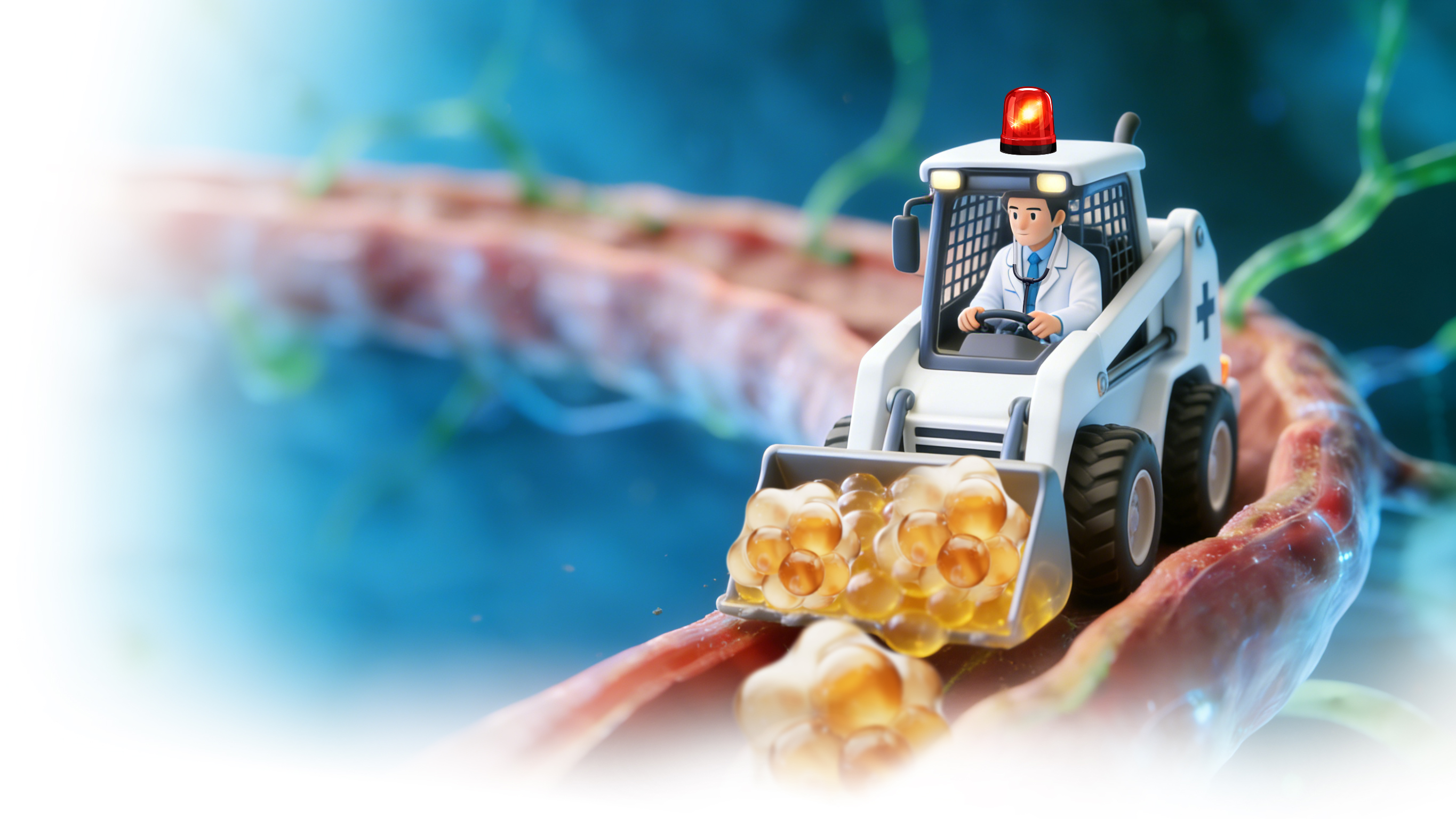
Although chlorohexidine (CHX) is the staple formulation in conventional mouthwashes, its side effects including tooth staining, lingering taste and mucosal desquamation have sparked interest in searching for an alternative. In a recent clinical trial, the microbial reduction efficacies of green tea and its bioactive extract epigallocatechin-3-gallate (EGCG) in children were examined. It was reported that both green tea and EGCG solution lead to significant reductions in salivary mutans streptococci and lactobacilli, the culprits in dental caries, after mouth rinsing. EGCG exerts its teeth-protection effect by preventing bacterial adhesion to teeth solution and inhibiting salivary alpha-amylase. Although the reductions were lower compared to CHX, EGCG is potentially more favourable in maintaining oral homeostasis by promoting host-microbiome symbiosis. Thus, both green tea and EGCG are useful in developing non CHX-based mouthwashes.
Keywords: green tea, mouthwash, dental caries
Reference
Vilela et al. Arch Oral Biol. 2020;114;104727.





